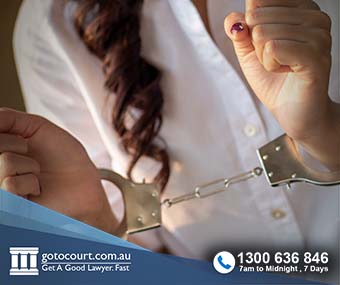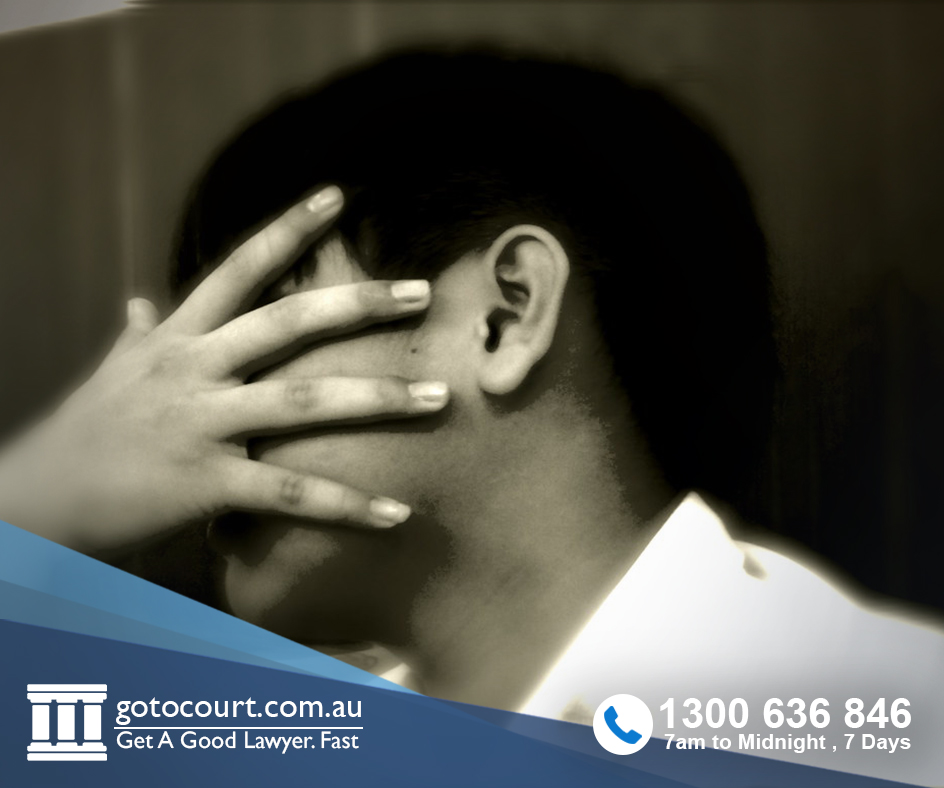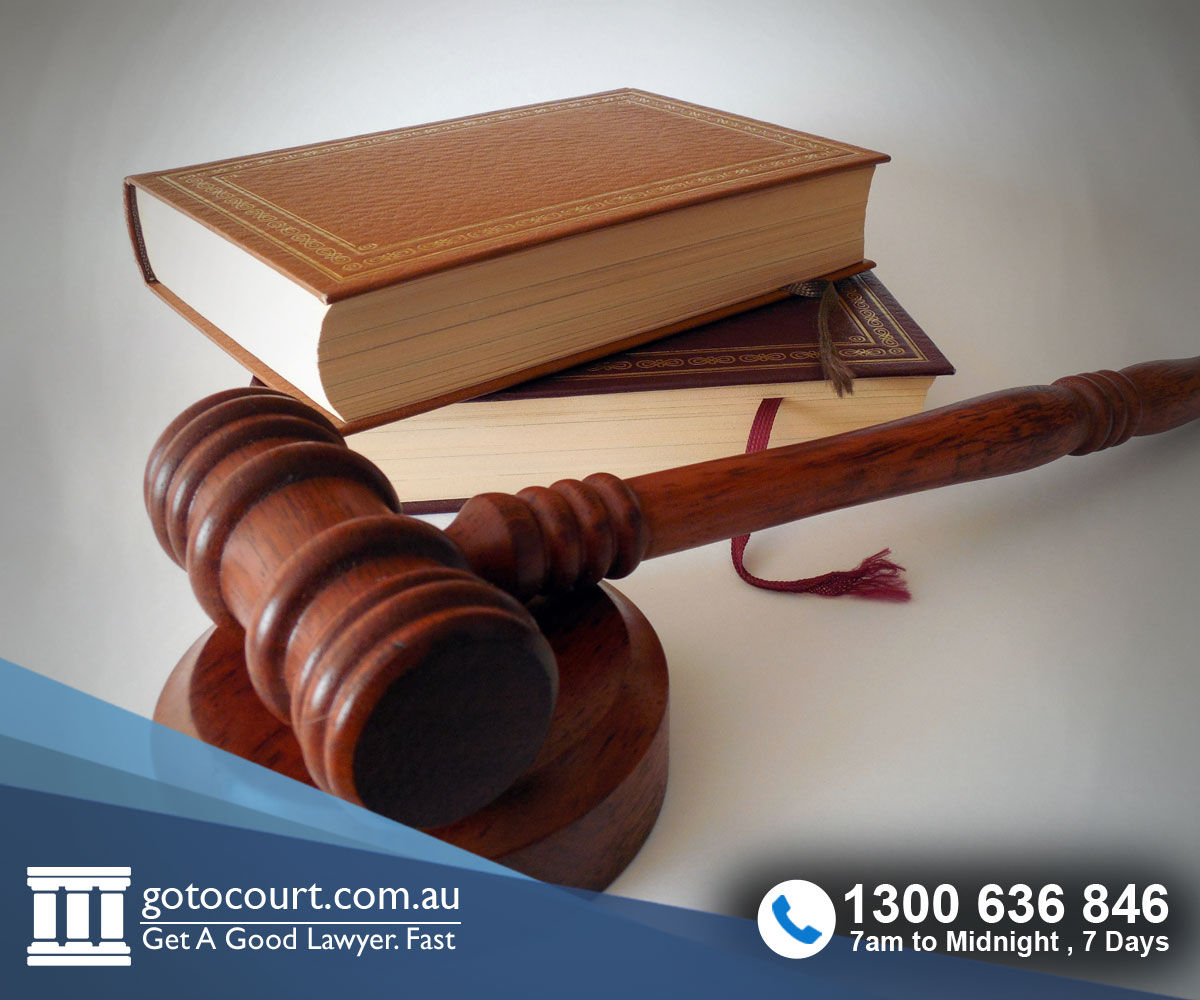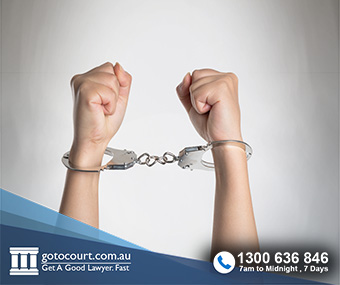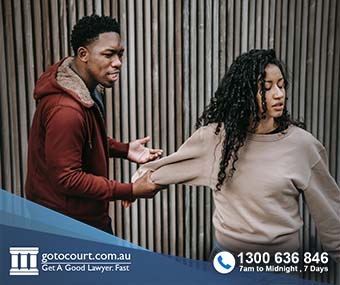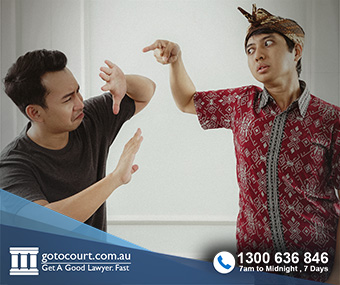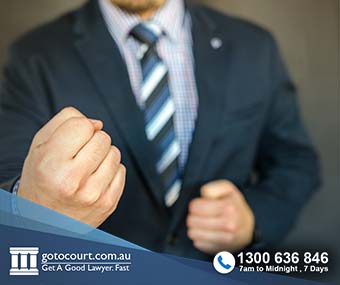Honest and Reasonable Mistake of Fact (NSW)
The defence of honest and reasonable mistake can be raised when the accused is charged with a strict liability offence. If the accused had an honest and genuine reason to believe that they were acting lawfully when they committed the offence, and if they would not have acted as they did had they known they were committing an offence, then the defence succeeds. An honest and reasonable mistake of fact renders the accused’s actions innocent and affords an excuse.
Burden of proof
The burden of proof is on the accused to raise the defence of honest and reasonable mistake on the balance of probabilities. The prosecution then has to rebut this defence and prove beyond a reasonable doubt that the accused’s actions were intentional and that they knew they were committing an offence.
What must be proven
When raising this defence in evidence, the accused must be able to establish that they held an honest and reasonable belief that facts existed which, had they existed, would have meant they were not committing an offence.
The test as to whether the belief was honestly held is a subjective test. The test as to whether the belief was reasonable in the circumstances is an objective test.
There are three elements that must be satisfied to successfully prove this defence.
The mistake must be honest
The accused must be able to prove that they honestly held the belief in mistaken facts.
For example, if a person is charged with Driving Whilst Suspended, but was not aware that their licence had been endorsed as suspended due to not having received the notification from the Roads and Maritime Services.
The belief forming the basis of the mistake must have been reasonable in the circumstances.
To assess what is ‘reasonable’, the court will ask whether an ordinary person in the same circumstances would have held the same belief or acted in the same way.
The mistake must relate to fact rather than law.
A person cannot argue honest and reasonable mistake based on the fact that they did not know what they were doing was illegal. Rather, the belief must relate to the facts of the offence. The accused must also be able to prove that if their belief had been correct, they would not have been committing an offence.
For example, if a speedometer was not calibrated correctly and the driver was charged with exceeding the speed limit, they could argue honest and reasonable mistake of fact as they relied on the faulty speedometer thinking it was accurate. If the speedometer had been correct, they would not have committed the offence.
Is the defence available for all criminal offences?
No. The defence of honest and reasonable mistake is generally only available to strict liability offences. A strict liability offence is an offence where the accused is criminally liable even in the absence of a criminal intent.
Proudman v Dayman
The leading case that explores the defence of honest and reasonable mistake is Proudman v Dayman (1941) HCA 28 which establishes that for strict liability offences, such as drink driving and speeding offences, an accused person will be found ‘not guilty’ if he or she held an honest and reasonable belief (although a mistaken belief) in a state of facts which, if they existed, would have made the accused person’s act innocent.
What happens if I am successful in proving my defence?
If your defence is raised successfully and is accepted by the court, you will be found not guilty of the offence and no penalties will apply.
If you require legal advice or representation in a criminal matter or in any other legal matter please contact Go To Court Lawyers.

